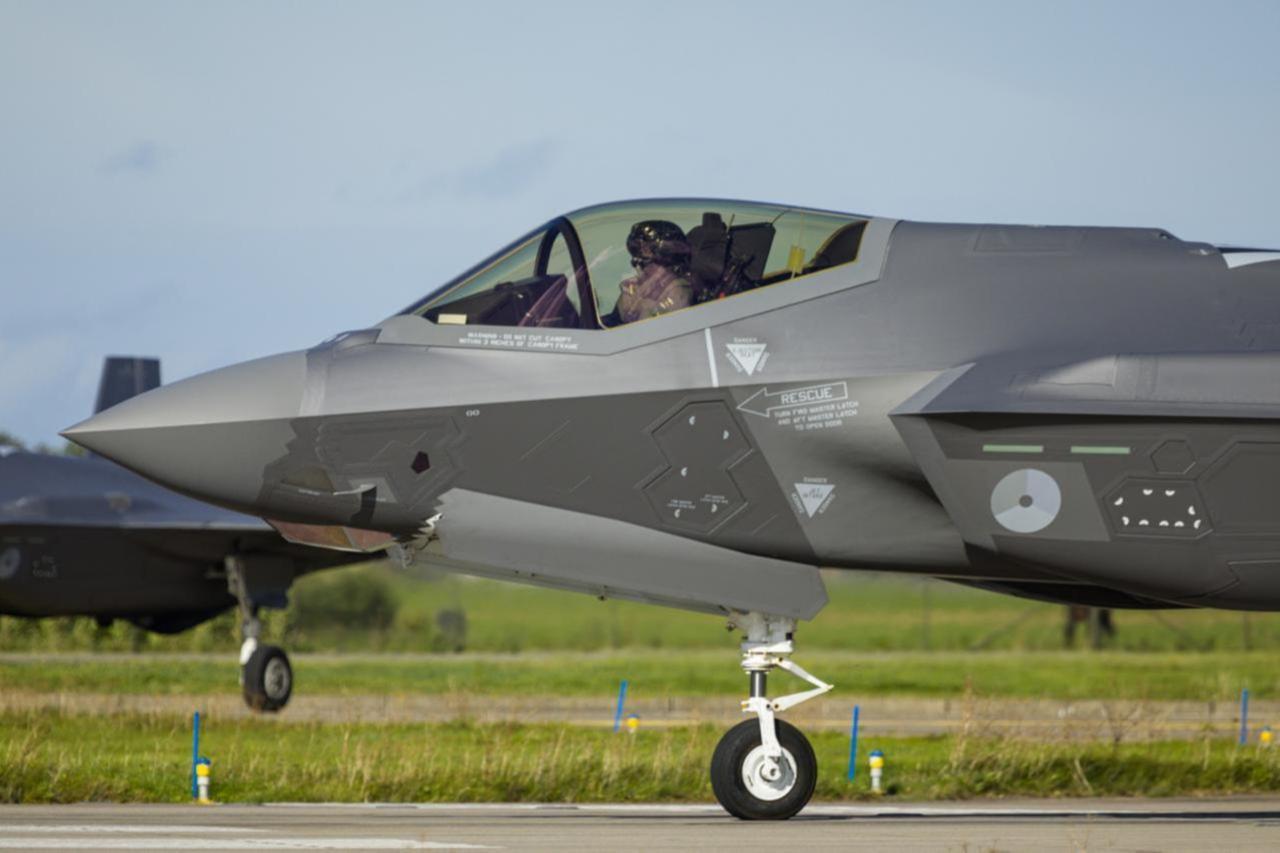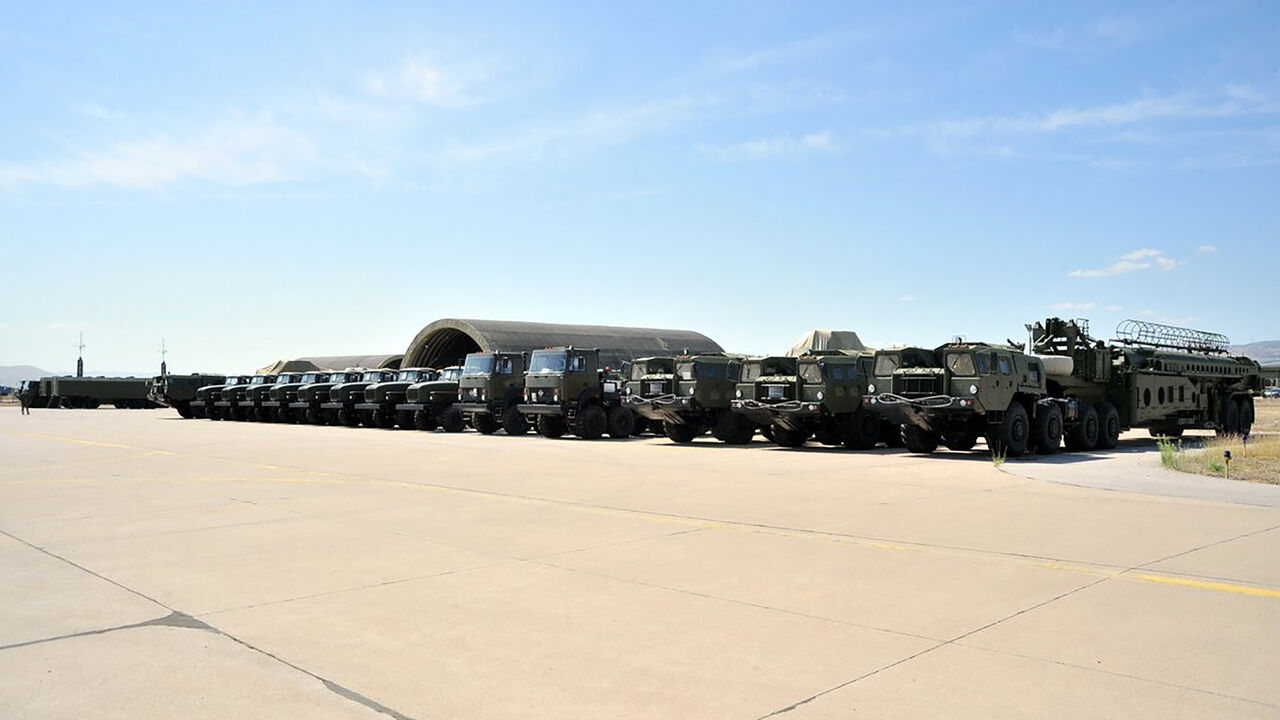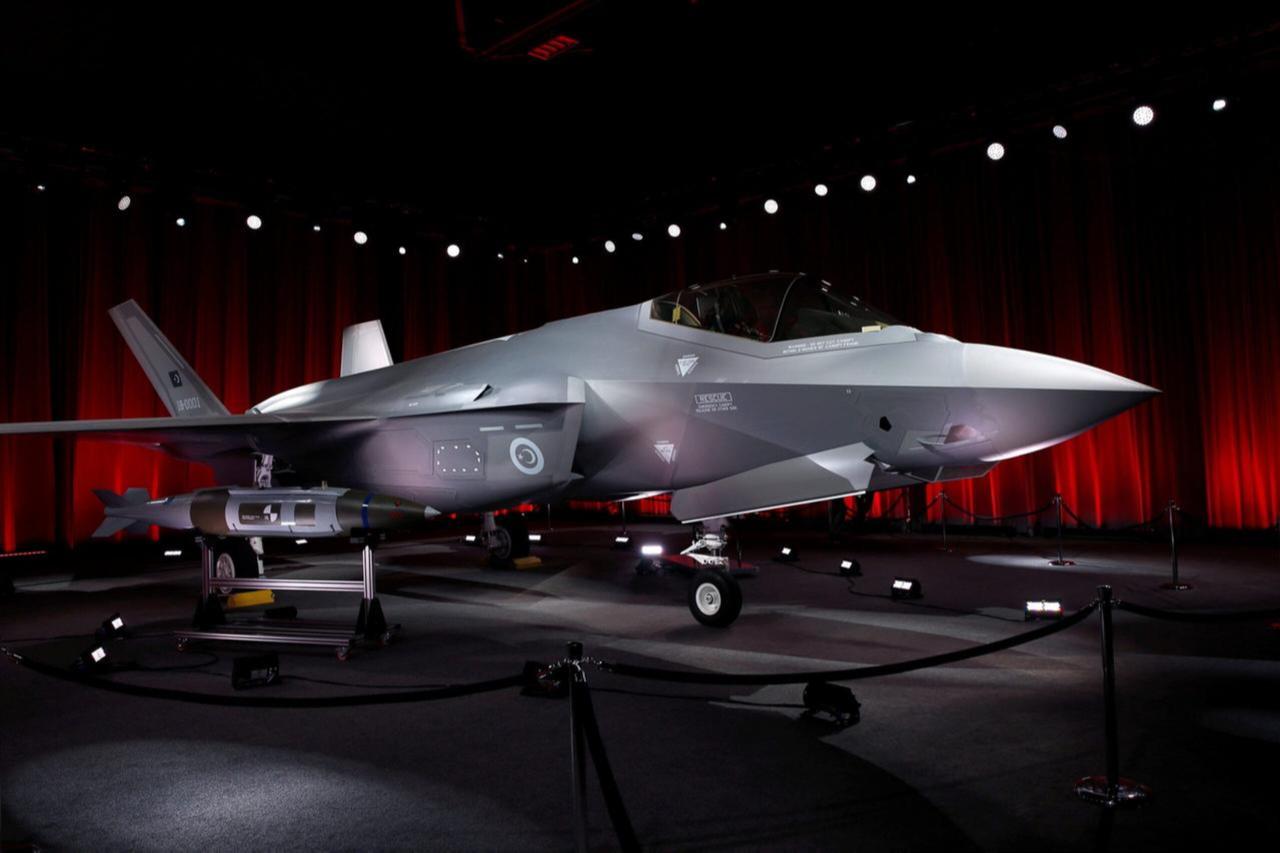
The Trump administration reaffirmed Wednesday its opposition to Türkiye's acquisition of F-35 fighter jets, responding to renewed congressional pressure over Ankara's possession of Russian missile defense systems.
The State Department sent a letter to lawmakers emphasizing that Türkiye remains excluded from the advanced fighter program due to its 2017 purchase of Russia's S-400 air defense system, which Washington argues poses security risks to NATO operations.
"The United States has been clear with the Turkish government about our laws and policies regarding the acquisition of Russian defense equipment and the implications for acquisition of F-35 aircraft for Turkey," Paul D. Guaglianone, a senior State Department legislative official, wrote to Congress.
The correspondence followed an August 7 letter from 40 Democratic lawmakers led by Rep. Chris Pappas of New Hampshire urging Secretary of State Marco Rubio to maintain sanctions compliance regarding Türkiye's Russian weapons purchase.

At the heart of the dispute lies Türkiye's S-400 system, which U.S. officials say could potentially expose sensitive F-35 technology to Moscow and compromise NATO air defenses. The Countering America's Adversaries Through Sanctions Act requires penalties against countries making significant defense purchases from Russia.
"The Trump administration is fully committed to protecting US defense and intelligence assets and complying with US law, including CAATSA. The US position on Turkey's acquisition and continued possession of the Russian S-400 system has not changed," the State Department letter stated.

The first Trump administration removed Türkiye from the F-35 consortium in 2019, ending Ankara's role as both a buyer and manufacturer in the program. Türkiye had been set to purchase over 100 jets and produced key components before its ejection, which disrupted supply chains and increased program costs.
Limited sanctions on Türkiye's defense industry followed in 2020, though the measures fell short of broader penalties some lawmakers sought.
Sen. Jim Risch, the Republican chairman of the Senate Foreign Relations Committee, maintains his opposition to any F-35 sale to Türkiye. The Idaho senator, who holds power to block major arms transfers, has said he will not lift his objection until Türkiye disposes of its S-400 system.
The F-35 dispute remains one of the key challenges facing U.S.-Türkiye relations as the Trump administration seeks improved ties with the NATO ally. Other friction points include the presence of U.S. forces in Syria supporting Kurdish groups that Türkiye considers terrorist organizations.
Türkiye's exclusion from the F-35 program was a significant shift in defense cooperation between the longtime allies and highlighted tensions between Türkiye's increasingly independent foreign policy and its NATO obligations.